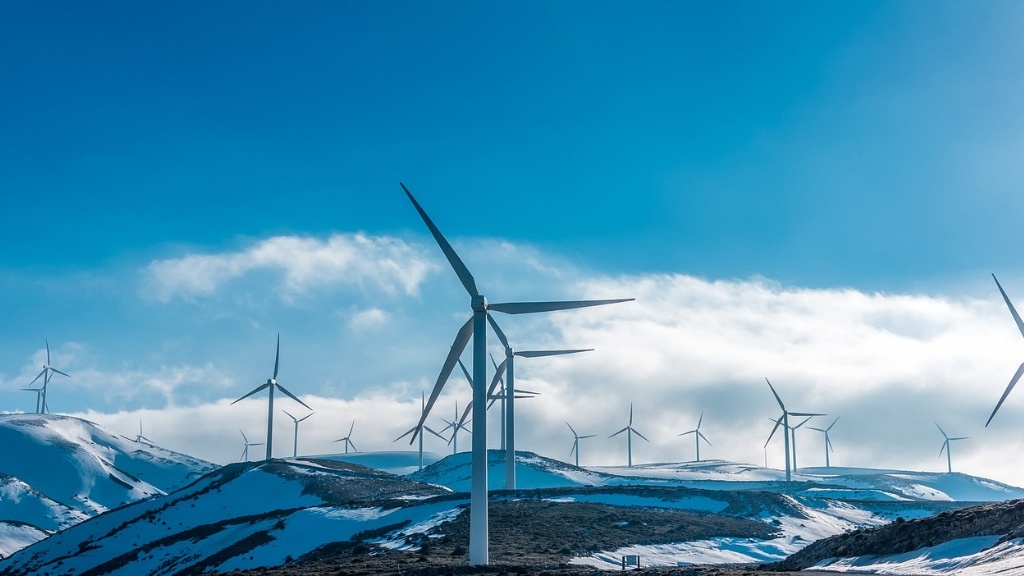Every day, the burning of fossil fuels releases billions of tonnes of carbon dioxide into the atmosphere, intensifying the global warming process. This directly and indirectly affects various ecosystems, such as agricultural production and wildlife, as well as society’s health, welfare and prosperity. To understand how burning of fossil fuels leads to global warming, and the extent of the impact, it is essential to explore the concept in further detail.
To begin with, burning fossil fuels emits varying levels of greenhouse gases, such as carbon dioxide and methane, into the atmosphere. These gases cause an increase in the earth’s temperature by trapping solar radiation. According to researchers at the University of Cambridge, levels of such emissions from human activities have increased since the 1990s and can account for up to two-thirds of human-generated global warming.
It is estimated that, in 2020, the bulk of global warming is attributable to the burning of fossil fuels, with transportation accounting for one-fifth of all emissions. This, in turn, is linked to the ever-increasing need for energy, particularly in the developed world, and the inefficient use of petroleum products. Moreover, specific sectors, such as transport, shipping and aviation, are vast consumers of fossil fuels and thus are major contributors to climate change.
The effect of burning fossil fuels is apparent too in the rising temperatures, extreme weather events and sea level rise. Furthermore, experts from the Intergovernmental Panel on Climate Change assert that the global warming of 1.05°C since the 1850s has been aesthetically driven, primarily by the burning of fossil fuels for electricity, transportation and industry.
Evidently, global warming is a battle we must all fight together and so, for decades, governments and individuals alike have been striving to reduce their negative impact on the environment. Despite this, the burning of coal and natural gas continues to be a core driver of global warming. Therefore, to mitigate the effects of climate breakdown, people can lobby the government and other related stakeholders to adopt renewable energy sources and policy objectives that will reduce the use of fossil fuels.
The burning of fossil fuels is a major factor influencing global warming and its associated consequences. Therefore, it is essential that governments, individuals and businesses alike take measures to reduce their reliance on these sources of energy and impede the progress of climate change. We all have a responsibility to protect our planet, now and in the future, and must work in unison to secure the essential safeguards that ensure one.

